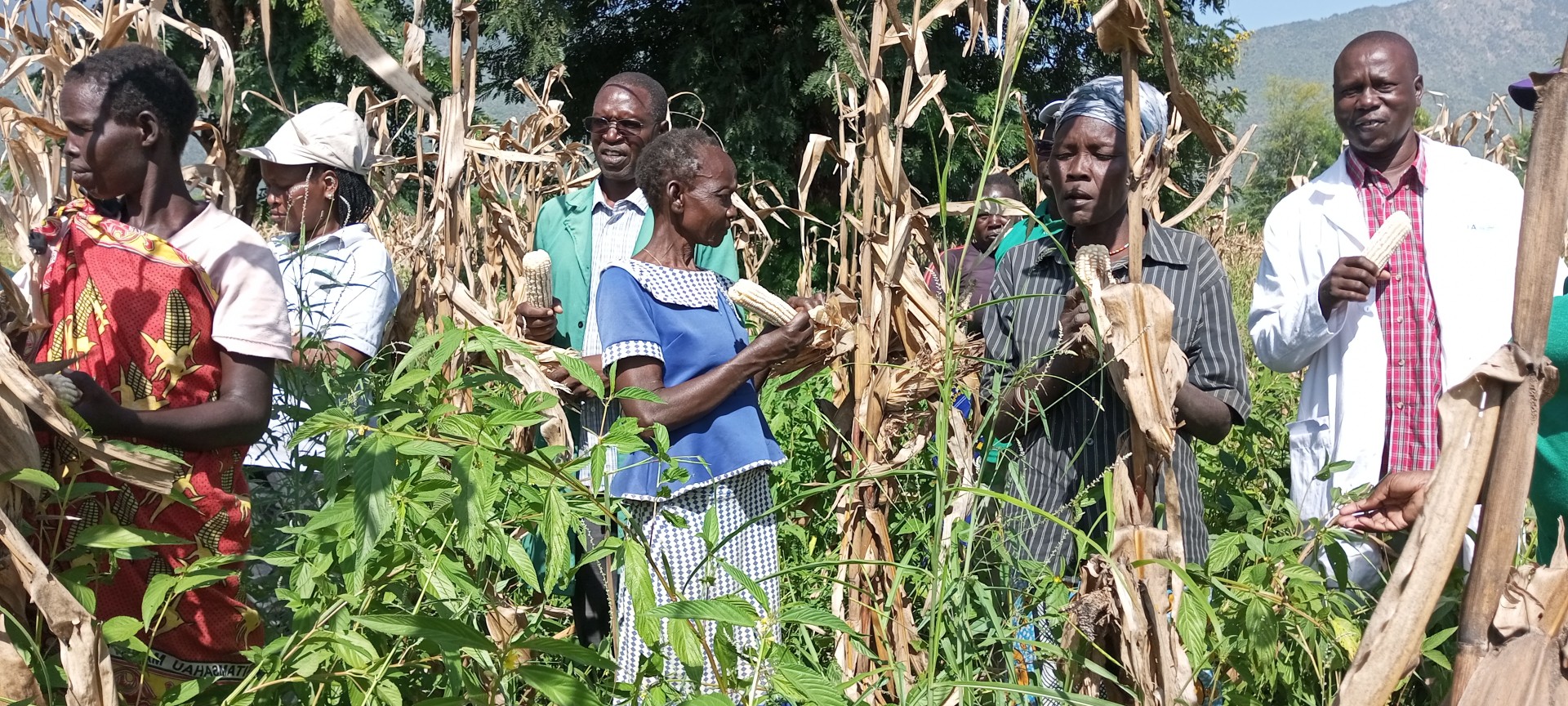Migori County Government in partnership with USAID has embarked on a programme to combat open defecation that poses a threat to the community.
The project dubbed 2022-2027 Western Kenya Sanitisation Project (WKSP) aims to ensure that the vice is eradicated through building sustainable pit latrines in affected low income areas that include the slums. WKSP is a five years sanitation and hygiene project which is focused on eight counties in Western Kenya with a running cost of Sh 2.8 billion.
The official said that USAID Western Kenya Sanitisation will be targeting 500,000 households in eight counties mainly from Western Region to boost sanitation facilities and improve hygiene by the end of 2027.
Migori Water Chief Officer Mr. Fidel Majiwa said that they have entered into a Memorandum of Understanding (MOU) with USAID to battle open defecation. He said that some villages and slums in Nyatike and Suna West Sub Counties were still practicing defecation in the open and bushes due to a lack of pit latrines.
“Some residents of Macalder Kanyarwanda Ward and Kabuto area in Nyatike Sub-County, and Pandipieri, Apida and Oruba areas in Suna West Sub County are defecating in open spaces due to lack of toilet facility,” Majiwa noted.
Majiwa noted that the overall goal of the project is to create financially sustainable, transformative, replicable, and locally owned sanitation facilities.
He said the previous attempts by the county to sensitise, enforce laws and oversee households construct toilets enabled the county to be declared 97 percent open defecation free. Majiwa however, acknowledged that floods experienced last in Nyatike Sub County washed away some of the resident toilets and as a result, a section of the residents have not yet rebuilt.
He said that open defecation was becoming a health risk to the surrounding community, especially bilharzia symptoms which have been recently reported in some of the Nyatike and Suna West Sub County health facilities.
USAID Western Kenya Sanitisation Project Chief Party Dr. Paul Orengo said the project is focused on seeing that toilet structures to be constructed withstand extreme weather conditions like floods and strong winds.
“USAID-WKSP will strive to provide toilet construction and other health support to struggling households. When we take new technologies to such communities we look at whether the technologies are resilient in terms of finances and climatic conditions,” Dr. Orengo said.
The USAID official said they would also focus on improving access to menstrual hygiene in schools where sanitary towels will be given to young girls and women in low income households. He affirmed that efforts to have girls and women access menstrual commodities have not been enough due to limited aid access and resources.
Orengo emphasised that for a long time menstrual hygiene issues have been left as a discussion for women and it was important to bring men into the conversation to help solve some of the problems affecting women.
“We are focused on breaking the men’s silence on women’s matters and support the county to achieve its priorities by creating a positive impact that will take Migori to the next level,” he said.

